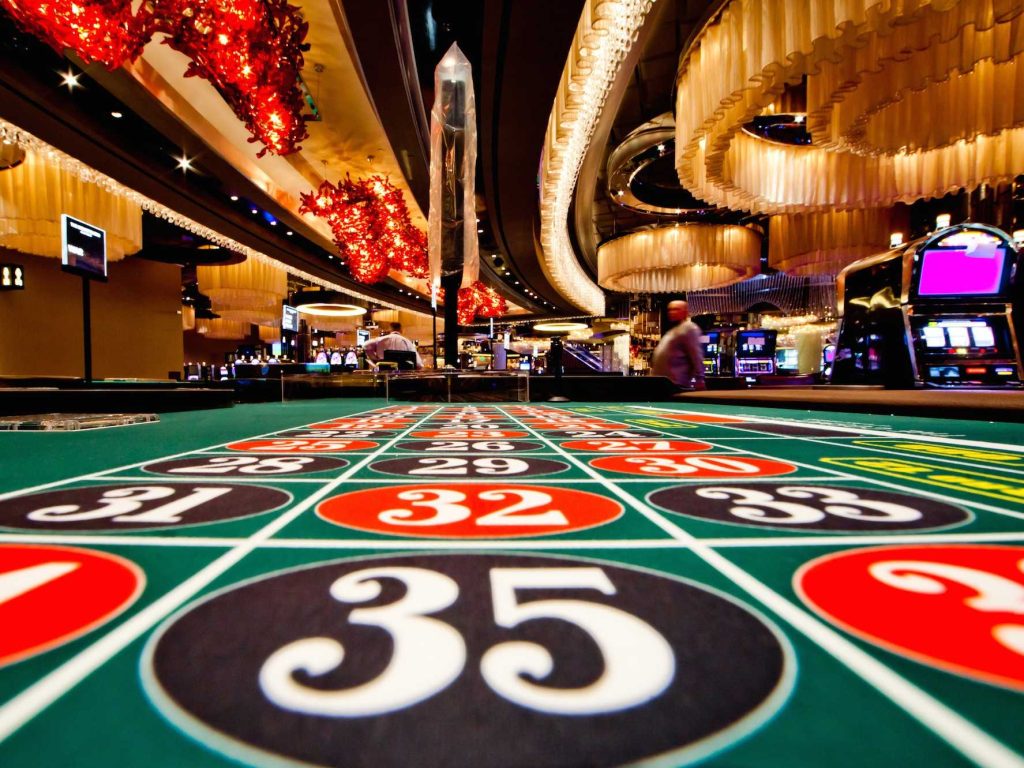The mathematics of casino games forms the bedrock of their design and operation, with probabilities and statistical principles playing a pivotal role in determining the house edge and player expectations. One fundamental concept is the concept of probability, which underpins all casino games. In games like roulette or craps, the likelihood of a specific outcome can be calculated using probability theory. For example, in a standard American roulette wheel, there are 38 pockets, including 18 red, 18 black, and 2 green pockets for the 0 and 00. The probability of the ball landing on red, assuming a fair wheel, is thus 18/38 or approximately 47.37%. Casinos use this knowledge to establish the house edge, which represents the average profit they can expect to make from each bet over the long term. The concept of expected value is another crucial aspect of the mathematics of casino games. Expected value is a measure of the average outcome of a random event, taking into account the probabilities and associated payoffs.
In games like blackjack, where decisions such as hitting or standing are based on the current hand and the dealer’s upcard, players can use expected value calculations to optimize their strategies. Card counting, a technique used in blackjack, involves keeping track of the ratio of high to low-value cards left in the deck casino-pa-nett.net’s take on high-winning probability games, enabling players to make more informed decisions based on the changing probabilities. Furthermore, the combination of probability and expected value is evident in slot machines, where the reels are filled with various symbols. The probability of landing on a specific combination determines the payout, and the overall expected value for the casino is carefully calibrated to ensure profitability. Additionally, understanding the concept of variance is crucial for both players and casinos. Variance represents the degree of deviation from the expected outcome, and games with higher variance, like slot machines or certain types of poker, can result in more significant swings in bankroll.

While mathematics heavily favors the casino in terms of overall profitability, skilled players can leverage their understanding of probability and expected value to improve their chances. In games like poker, where skill plays a more substantial role, mathematical principles help players make optimal decisions based on the current situation and potential outcomes. However, it is important to note that even with a solid understanding of the mathematics behind casino games; chance and randomness remain integral components, ensuring that outcomes are not entirely predictable. In conclusion, the mathematics of casino games provides the framework for the design, operation, and strategies employed by both players and casinos. Probability, expected value, and variance are essential concepts that influence the dynamics of games, allowing for a deeper understanding of the inherent risks and rewards. While the house edge ensures the casino’s profitability over time, players can use mathematical principles to make informed decisions and potentially tilt the odds in their favor, albeit within the bounds of chance.